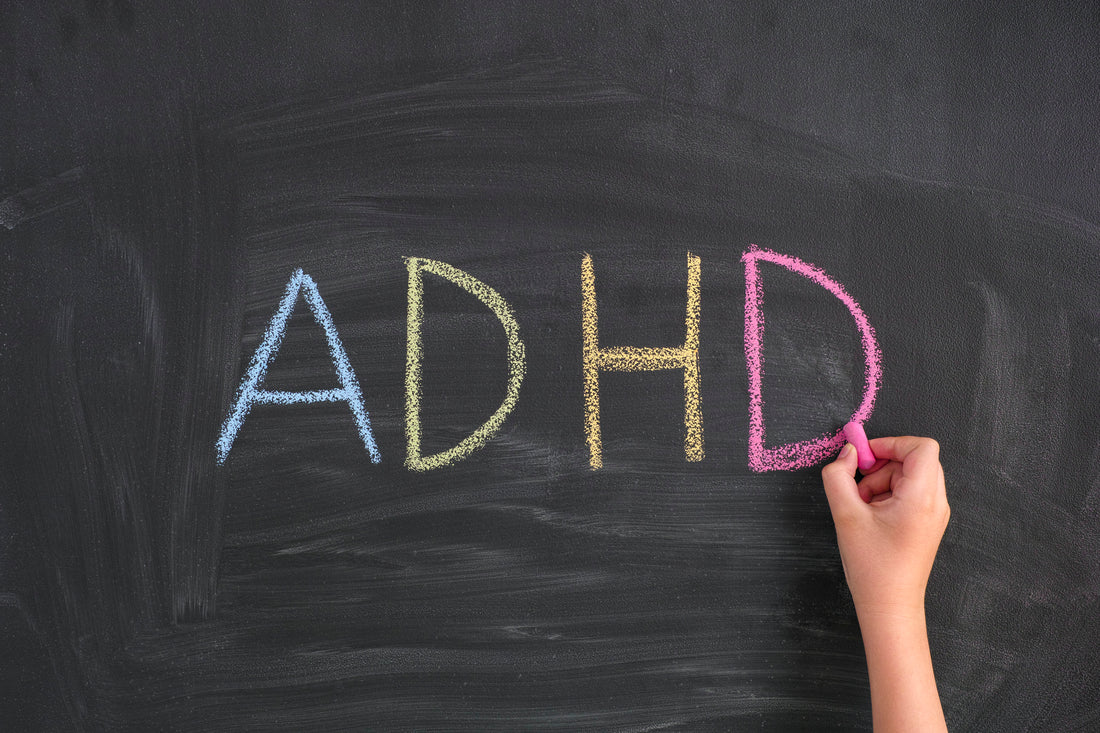ADHD or Attention deficit hyperactivity disorder often appears in early childhood. School-age kids are most likely affected, at about 3-5 percent or roughly 2 million children in the United States. Boys are found to have an increased likelihood of being diagnosed with this condition than girls, and in a typical classroom of 25-30 students, at least one may have ADHD. Sad to say, it can affect your child's ability and potential to learn as well as prevent socialization, result in low self-confidence, and can bring friction around the house. Hence, it is essential to understand the needs and treatment options for your child.
Signs and Symptoms of ADD/ADHD
The most common symptoms of ADHD include:
- Inattention
- Impulsive Actions
- Hyperactivity
- Difficulty Concentrating
These signs can be exhibited by all kids, naturally, they get excited and anxious at certain times. However, children with ADHD display improper behavior over a longer period. They may have some symptoms predominant from the rest, and remain lingering until treated. This is why it is essential that a child undergoes a thorough evaluation and accurate diagnosis by a trusted doctor before any treatment can be tailored to his or her specific condition.
Inattention
The most obvious time parents and teachers might notice this is when a child is in school. If the individual is older, it is most noticeable in the workplace or in different social settings. Specific signs may include:
- Procrastination - not completing tasks like homework, chores or work tasks
- Jumping from one uncompleted task to another
- Disorganization
- Difficulty staying focused
- Trouble paying attention to detail
- Sloppy/messy work
- Makes careless mistakes
- Difficulty staying on topic when talking
- Difficulty listening to others
- Often interrupts others
- Forgetfulness about daily activities
Impulsive Actions
- Difficulty waiting for their turn
- Blurts out answers before the person is done asking the question
- Often interrupts others
- Talks at inappropriate times
Treatment Options for ADD/ADHD
The cause itself is not yet clearly understood, but you can rest assured that it is not due to poor parenting or too much sugar. ADHD is thought of to be a mix of an overactive nervous system along with reduced capability of the brain to filter out irrelevant visuals, sounds, emotions and ideas, explaining why focusing becomes extremely difficult. A drug called Ritalin or methylphenidate is most commonly used to treat ADHD. Surprisingly, it is a stimulant that functions in hastening the activity of the nervous system, yet evokes a calming effect to a child suffering from the condition. Reasons are currently unexplained, but it possibly increases the brain activity in the area which filters out unnecessary sensations. The underlying concern here is that this drug does not deal with the roots of ADHD itself but only sort of conceals it, and prolonged use can have adverse effects on your child's brain and well-being. It's a good thing that there is an alternative. Chiropractors can come to your aid, and though they cannot treat the condition straightforward, they can greatly help substantially decrease stress imbued into a child's nervous system through:
- Removing spinal subluxations that cause irritation
- Recommending changes in diet to eliminate food that can worsen ADHD
- Suggesting ways to decrease the likelihood of exposure to toxic chemicals around the house
- Testing for allergies that have a big impact on your child's nervous system
Chiropractic care is definitely a better choice than putting your child on medications. As parents, you surely want the best for your child, and have high hopes of overcoming ADHD. This is the best course to take and consider it your starting point towards your child managing his condition and living a happier life! Don't hesitate to call us today and we'll be more than willing to provide you with all the help you can get.

